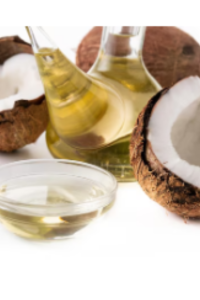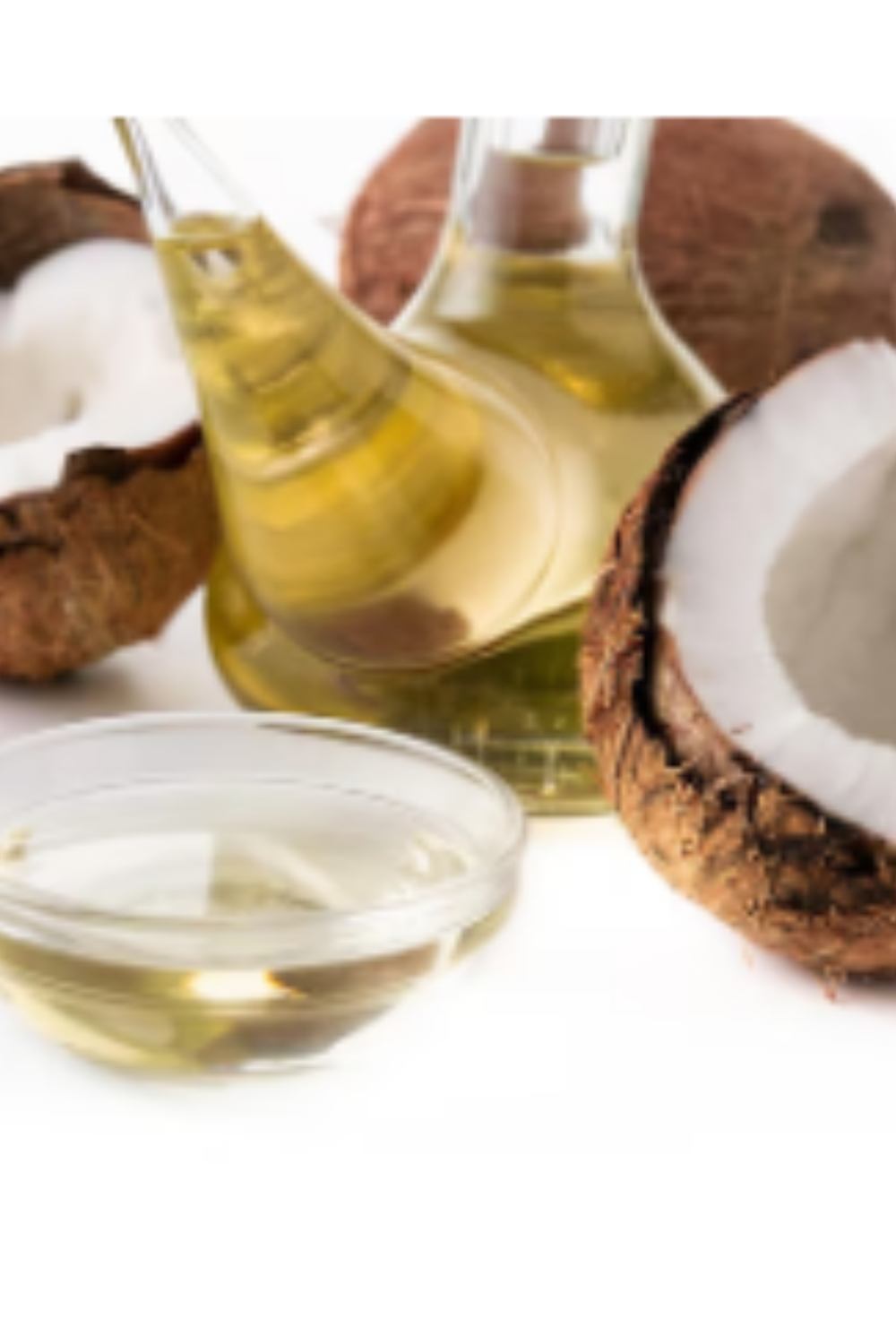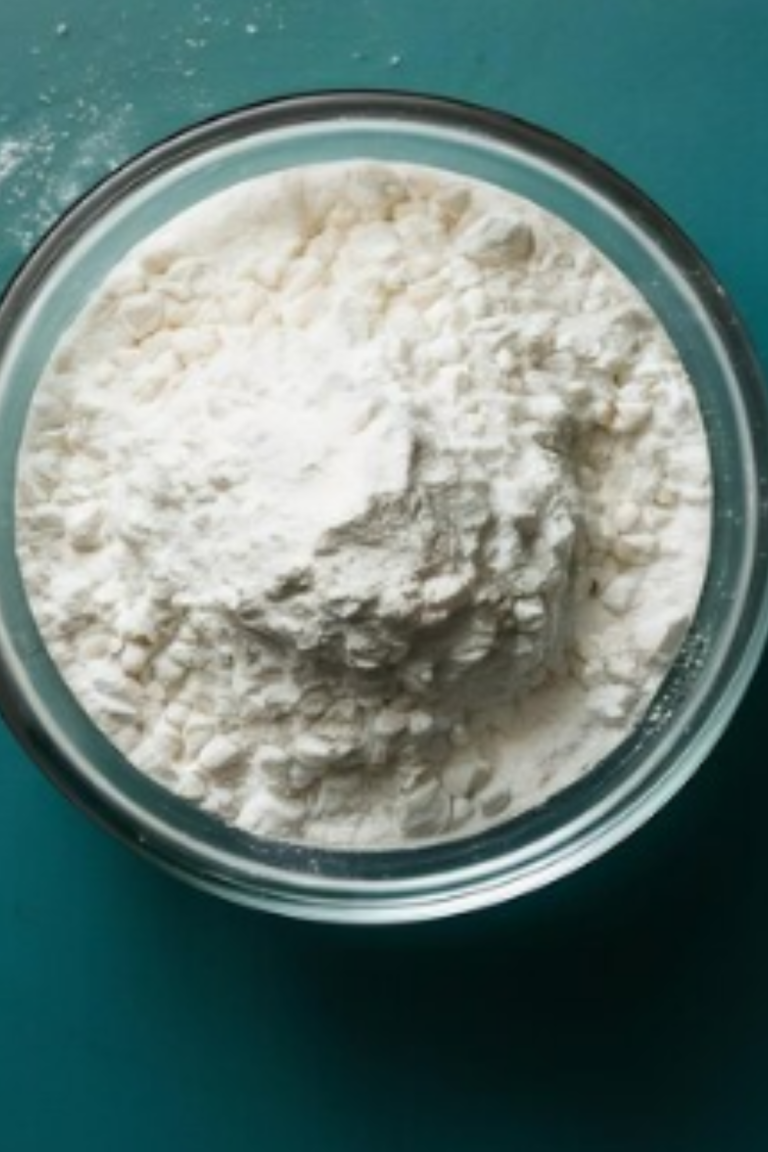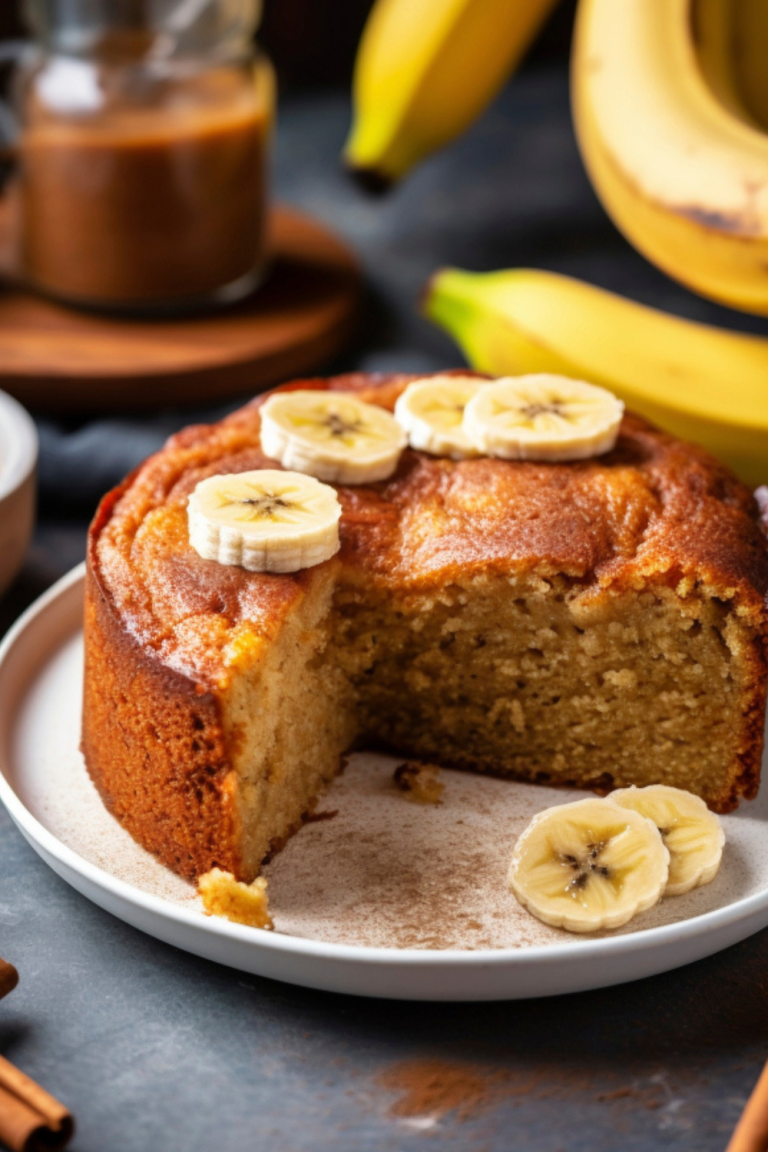CCO: Cold-Pressed Coconut Oil role in cakes Explained
Table of Contents
ToggleCold-Pressed Coconut Oil and Its Role in Cakes
Cold-Pressed Coconut Oil (CCO) is a type of coconut oil extracted from fresh coconut kernels without the use of high temperatures or chemicals. This gentle extraction method helps retain more of the coconut’s natural flavor and nutrients, making it a popular choice for both culinary and cosmetic purposes.
When it comes to baking, especially in cakes, CCO serves multiple functions that contribute to the texture and taste of the final product. Unlike refined coconut oils, which may undergo processes that alter their flavor profile, cold-pressed varieties maintain a distinct mild coconut aroma that can enhance the overall taste of cakes without overpowering other flavors. Check out the right Cold-Pressed Coconut Oil, cake tools, and ingredients that you need here.

Moisture Retention and Texture
One of the key benefits of using CCO in cakes is its ability to retain moisture. The saturated fats in coconut oil help to trap moisture within the cake batter, resulting in a softer and more tender crumb. This is particularly advantageous in recipes where a moist texture is desired, such as in rich chocolate cakes or dense carrot cakes.
Flavor Enhancement
Due to its natural extraction process, CCO adds a subtle coconut flavor to cakes. This can complement a wide range of flavors, from tropical fruits to chocolate and nuts, enhancing the complexity of the cake’s taste profile. For those who enjoy a hint of coconut without it being overwhelming, using CCO can achieve a balanced and pleasant flavor. Check out the right Cold-Pressed Coconut Oil, cake tools, and ingredients that you need here.
Health Benefits
Beyond its culinary advantages, CCO is often praised for its health benefits. It contains medium-chain triglycerides (MCTs), which are believed to have potential benefits for heart health and metabolism. While it’s important to use any oil in moderation due to its calorie density, the unique composition of CCO adds a nutritional edge to baked goods compared to more processed oils.
Practical Tips for Using CCO in Cakes
When substituting CCO for other oils or butter in cake recipes, it’s essential to consider its solidification point. CCO solidifies at cooler temperatures, so in colder climates or during cooler seasons, it may need to be gently warmed to ensure it blends smoothly into the batter. Mixing it thoroughly with other liquid ingredients before adding dry ingredients helps distribute its moisture-retaining properties evenly throughout the cake.
Cold-Pressed Coconut Oil (CCO) offers not only culinary benefits but also nutritional advantages when used in cakes. Its ability to enhance moisture retention, add a delicate coconut flavor, and contribute to a tender texture makes it a versatile choice for bakers looking to elevate their creations. Whether you’re baking a simple coconut cake or experimenting with complex flavor combinations, incorporating CCO can bring a touch of tropical goodness to your baking endeavors. Check out the right Cold-Pressed Coconut Oil, cake tools, and ingredients that you need here.
Drilling Deeper: Comparing Cold-Pressed Coconut Oil with Other Oils in Cakes
When comparing Cold-Pressed Coconut Oil (CCO) with other commonly used oils in cake baking, several distinct characteristics and benefits stand out:
Nutritional Profile
CCO differs significantly from vegetable oils like canola or sunflower oil in terms of its nutritional profile. While all oils are primarily composed of fats, CCO contains a higher proportion of saturated fats, mainly in the form of medium-chain triglycerides (MCTs). These MCTs are metabolized differently in the body compared to long-chain fatty acids found in other oils, potentially offering unique health benefits.
Flavor and Aroma
One of the most noticeable differences between CCO and other oils is its flavor profile. While canola oil or vegetable oil tend to be neutral in taste, CCO adds a subtle coconut aroma and flavor to cakes. This characteristic makes it ideal for recipes where a hint of coconut enhances the overall taste without overwhelming other ingredients. Check out the right Cold-Pressed Coconut Oil, cake tools, and ingredients that you need here.
Texture and Moisture Retention
In terms of texture and moisture retention, CCO excels due to its solid-at-room-temperature nature. When chilled, it becomes firm, contributing to the structure of cakes and helping to maintain a moist crumb. In contrast, vegetable oils, which remain liquid at lower temperatures, may not offer the same level of moisture retention, potentially resulting in drier cakes over time.
Baking Applications
From a practical standpoint, CCO can be used similarly to other oils in cake recipes, but with slight adjustments due to its solidification point. It blends well with liquid ingredients when warmed slightly, ensuring even distribution throughout the batter. This adaptability makes CCO suitable for a wide range of cake types, from light and fluffy sponge cakes to rich and decadent chocolate tortes.
Sustainability and Production Methods
Considerations of sustainability and production methods also play a role in choosing oils for baking. Cold-pressed coconut oil is typically produced through mechanical extraction methods without the use of harsh chemicals, preserving both environmental integrity and the nutritional quality of the oil. This eco-friendly approach may appeal to consumers seeking responsibly sourced ingredients for their baking endeavors.
So, while Cold-Pressed Coconut Oil (CCO) shares similarities with other oils in terms of its basic function in cakes, its unique flavor, nutritional benefits, and solid-at-room-temperature texture set it apart. Whether you’re aiming to enhance the flavor profile of a tropical-themed cake or benefit from the potential health advantages of MCTs, CCO offers a distinctive option for conscientious bakers. By understanding these differences, you can confidently choose the best oil to achieve your desired baking results, ensuring each cake you create is as delicious as it is wholesome. Check out the right Cold-Pressed Coconut Oil, cake tools, and ingredients that you need here.
comparison tabular
Here’s a comparison table outlining the key considerations between Cold-Pressed Coconut Oil (CCO) and other oils commonly used in cake baking:
| Aspect | Cold-Pressed Coconut Oil (CCO) | Vegetable Oils (e.g., Canola, Sunflower) |
|---|---|---|
| Nutritional Profile | High in saturated fats (MCTs), potentially beneficial for metabolism and heart health | Higher in polyunsaturated fats, lower in saturated fats |
| Flavor and Aroma | Adds a subtle coconut flavor and aroma | Neutral flavor, does not impact cake taste significantly |
| Texture and Moisture Retention | Solid at room temperature; enhances moisture retention | Liquid at room temperature; may result in less moisture retention over time |
| Baking Applications | Requires gentle warming for even distribution; versatile in various cake types | Easily blends into batters; suitable for general baking needs |
| Sustainability | Often produced through eco-friendly methods like mechanical extraction | Production methods vary; some may involve chemical extraction processes |
| Health Benefits | Contains beneficial medium-chain triglycerides (MCTs) | Lower in saturated fats, higher in essential fatty acids |
Key Notes and Considerations:
- Nutritional Benefits: CCO offers potential health benefits due to its MCT content, which differs from the primarily polyunsaturated fat composition of vegetable oils.
- Flavor Impact: CCO enhances cakes with a mild coconut flavor, whereas vegetable oils are neutral, allowing other ingredients to dominate the taste.
- Texture and Moisture: CCO’s solid nature at room temperature contributes to moist cakes, while vegetable oils remain liquid, potentially affecting moisture levels.
- Baking Versatility: Both oils can be used interchangeably with slight adjustments, making them suitable for various cake recipes.
- Sustainability: CCO often boasts eco-friendly production methods, appealing to environmentally conscious consumers. Check out the right Cold-Pressed Coconut Oil, cake tools, and ingredients that you need here.
FAQs on Cold-Pressed Coconut Oil (CCO) in Cake Baking
Q: Can I substitute Cold-Pressed Coconut Oil (CCO) for other oils in any cake recipe?
A: Yes, you can generally substitute CCO for other oils like canola or vegetable oil in most cake recipes. Just ensure to adjust for its solidification point by gently warming it if needed.
Q: Does using CCO change the texture of cakes compared to other oils?
A: Yes, CCO can contribute to a softer and moister texture in cakes due to its solid-at-room-temperature nature, which helps retain moisture.
Q: Will my cake taste like coconut if I use CCO?
A: CCO adds a subtle coconut flavor and aroma to cakes. The flavor is not overpowering but enhances the overall taste, especially in recipes where coconut complements other flavors.
Q: Are there any health benefits to using CCO in baking?
A: CCO contains medium-chain triglycerides (MCTs), which are believed to have potential benefits for metabolism and heart health compared to oils higher in polyunsaturated fats.
Q: How should I store CCO for baking purposes?
A: Store CCO in a cool, dry place away from direct sunlight. If it solidifies in cooler temperatures, gently warm it to liquid form before incorporating it into your cake batter. Check out the right Cold-Pressed Coconut Oil, cake tools, and ingredients that you need here.
Final Words
Incorporating Cold-Pressed Coconut Oil (CCO) into your cake baking can add a unique flavor dimension and potential health benefits. Its solid-at-room-temperature property aids in moisture retention, resulting in softer, more flavorful cakes. Whether you’re aiming for a tropical twist or seeking to benefit from its nutritional profile, CCO offers versatility and a wholesome option for conscientious bakers. Experiment with different recipes to discover how CCO can elevate your baking creations while contributing to a healthier baking experience.

Hi!
I’m Mike, the creator of Forum Foodies. In my own personal experience, understanding ingredients is key to great cooking.
Forum Foodies offers guides on various ingredients, from staples to exotic finds. Join our community, share your experiences, and learn from fellow food lovers.
Have questions or suggestions? Email me at info@forumfoodies.com. Let’s embark on this delicious adventure together.
Happy cooking.
Mike/
Related Posts
- CT: Coconut Thread role in cakes Explained
In this topic, I'm going to talk about a delightful ingredient that enhances cakes in…
- COF: Coconut Fiber role in cakes Explained
In this topic I'm going to talk about Coconut Fiber in my own personal experience…
- FCT: Fresh Coconut Thread role in cakes Explained
In this topic, I'm going to talk about FCT - Fresh Coconut Thread in my…
- CMT: Coconut Milk Topping role in cakes Explained
In this topic, I'm going to talk about the role of Coconut Milk Topping (CMT)…
- COJ: Coconut Juice role in cakes Explained
In this topic I'm going to talk about Coconut Juice In my own personal experience,…
- CAG: Coconut Almond Granules role in cakes Clarified
In this topic, I'm going to talk about a fascinating ingredient that adds a delightful…
- ECB: Egg Coconut Butter role in cakes Explained
In this topic, I'm going to talk about ECB - Egg Coconut Butter in my…
- CCM: Caramelized Coconut Milk role in cakes Clarified
In this topic, I'm going to talk about Caramelized Coconut Milk in my own personal…
- CCF: Coconut Cream Frosting its role in cakes Clarified
In this topic, I'm going to talk about CCF - Coconut Cream Frosting in my…
- LCP: Lime Coconut Paste role in cakes Clarified
In this topic, I'm going to talk about Lime Coconut Paste (LCP) and its role…
- COCF: Coconut Cream Frosting role in cakes Explained
In this topic, I'm going to talk about Coconut Cream Frosting, sharing insights from my…
- MCP: Mango Coconut Puree role in cakes Explained
In this topic, I'm going to talk about the MCP - Mango Coconut Puree in…
- CCT: Coconut Cream Tart role in cakes Clarified
In this topic, I'm going to talk about CCT - Coconut Cream Tart in my…
- DCF: Date Coconut Frosting role in cakes Clarified
In this topic, I'm going to talk about one of my favorite elements in baking:…
- CMP: Coconut-Mango Paste role in cakes Clarified
In this topic, I'm going to talk about CMP - Coconut-Mango Paste in my own…





